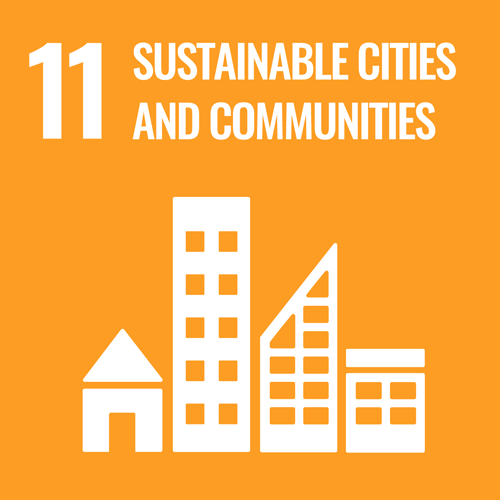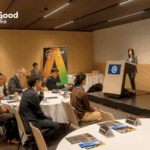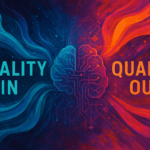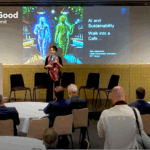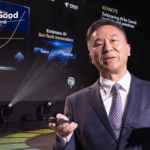The 8th Green Standards Week wrapped up yesterday in Zanzibar, Tanzania, concluding four days of debate around the innovation required to transition to resource-efficient ‘circular economies’.
In focus were standards, regulation and best practices to support the responsible management of e-waste and electromagnetic fields. Another highlight of Green Standards Week’s discussions was a session exploring the power of the Internet of Things (IoT) and Artificial Intelligence (AI) to support Smart Cities.
ITU News spoke with Gyu Myoung Lee, Chairman of ITU’s Focus Group on data processing and management, to learn more about how IoT and AI will contribute to citizen-centric public services and more autonomous, energy-efficient city operations.
“When we started to focus on IoT technologies, we mainly concentrated on connectivity issues,” says Dr Lee, referring to ITU’s more than ten years of experience in developing standards for IoT technologies.
ITU standardization work for IoT has taken on a new dimension in recent years, devoting more attention to IoT applications in smart cities.
“Most important is how we provide various kinds of applications,” says Dr Lee, explaining the value of IoT applications to smart cities. “Smart city environment is really good thing to provide individual applications with the different domains such as transportation, healthcare, and utilities.”
AI will provide cities with “human-like applications” able to make informed predictions and decisions, says Dr Lee, adding the qualification that more work is required to address related challenges surrounding the availability and quality of the data required to fuel AI algorithms.
RELATED: IoT-enabled Smart Cities: 3 priority areas in 2018
“Data is a kind of resource, so without having data we cannot process anything to support artificial intelligence,” says Dr Lee. Effective data processing, says Dr Lee, “can provide a very significant impact to various kinds of different stakeholders including service providers, data owners and in some cases consumers, including policy and government stakeholders.”
Upcoming ITU events relevant to IoT, AI and smart cities:
- 6-16 May, Cairo, Egypt: Meeting of ITU-T Study Group 20 (IoT and smart cities)
- 26 April, Malaga, Spain: Meeting of the United for Smart Sustainable Cities (U4SSC) initiative
- 24-27 April, Xi’an, China: Meeting of the ITU Focus Group on machine learning for 5G, in conjunction with an ITU workshop on the impact of Artificial Intelligence on ICT infrastructure
- 1-3 May, Cairo, Egypt: Meeting of the ITU Focus Group on data processing and management
- 15-17 May, Geneva, Switzerland: AI for Good Global Summit
- 29-30 May, Buenos Aires, Argentina: Forum on the role of Artificial Intelligence and the Internet of Things in shaping smarter and more sustainable cities
Watch full ITU interview with Gyu Myoung Lee.



